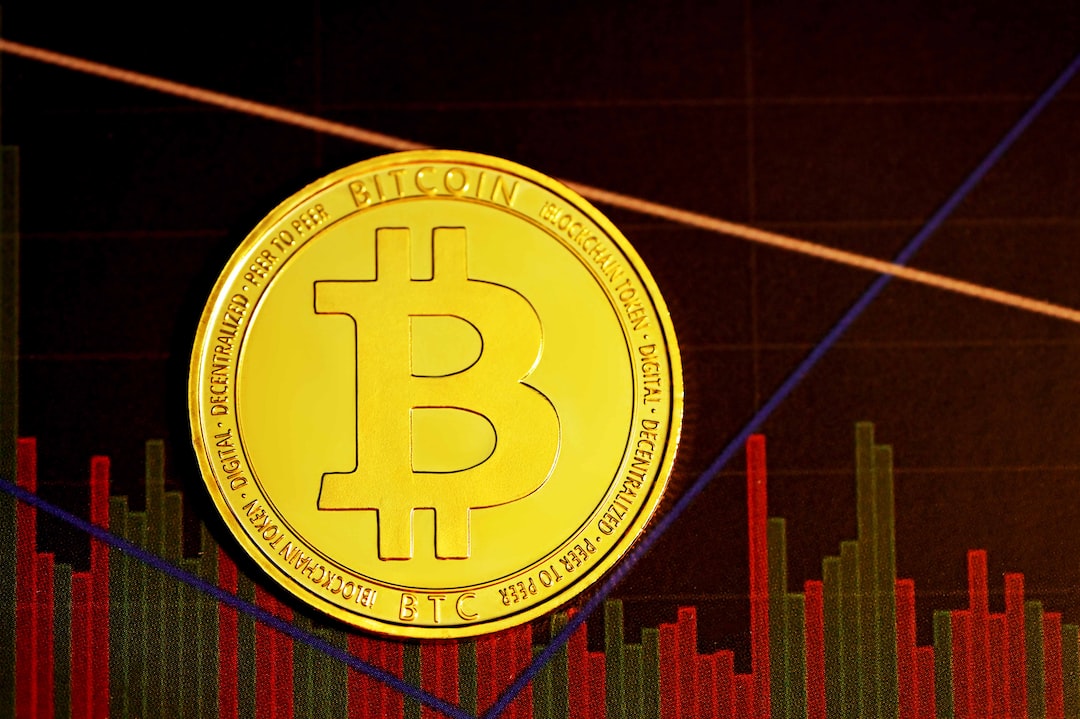Nearly a dozen new investment funds that hold bitcoin began trading last week, making it easier for anyone with a basic brokerage account to buy the cryptocurrency. Institutions like Fidelity and BlackRock have shown interest in bitcoin because it is the world’s first and largest cryptocurrency. However, bitcoin remains an enigma to most everyday investors, and its volatility makes it a risky investment.
These new investment funds are exchange-traded funds (ETFs), which are similar to mutual funds but can be traded on an exchange like a stock. ETFs track the performance of the assets they hold, including diversified baskets of securities or single commodities like gold, silver, and crypto.
The recently launched bitcoin ETFs are designed to track the price of bitcoin itself. They allow investors with traditional brokerage accounts to buy shares as if they were buying stock in Apple or Google. This provides an easier way for investors to gain exposure to bitcoin without dealing with the complexities of crypto exchanges or digital wallets.
It’s important to note that these new bitcoin ETFs are not your typical ETFs. They have looser controls around fees and conflicts of interest compared to standard ETFs registered under the Investment Company Act of 1940. The Securities and Exchange Commission also has limited authority to examine these products.
While the SEC’s approval of these bitcoin ETFs may make them more accessible to ordinary investors, it doesn’t change the underlying risks associated with investing in cryptocurrencies. The SEC’s decision was influenced by a federal appeals court ruling that criticized its previous denial of similar products using bitcoin futures.
There are currently 11 new bitcoin ETFs available on the market, with BlackRock, Fidelity, Cathie Wood’s Ark 21Shares Bitcoin ETF, Bitwise, and Grayscale Bitcoin Trust BTC being some of the prominent names. These products have attracted significant assets, and providers have been competing by offering lower fees.
The safety of the bitcoin held by these ETFs relies on third-party custodians like Coinbase or Gemini. Most of the new ETFs have hired Coinbase as their custodian, responsible for the security of the private keys to bitcoin. Fidelity is an exception, as it will hold its products’ bitcoin on its own platform.
For tax purposes, bitcoin and other digital currencies are treated as property by the IRS, similar to stocks. The tax treatment of bitcoin ETFs is also similar to holding bitcoin directly.
Financial planners generally do not recommend cryptocurrency, including bitcoin, in this new ETF format due to its volatility and uncertainty. Only a small percentage of advisers allocate crypto in their clients’ portfolios.
Retirement account regulators have serious concerns about Americans using their retirement money to invest in crypto. The Labor Department issued guidance reminding plan administrators of their responsibilities in choosing prudent investment options that align with fiduciary duties.
Not all mainstream institutions are embracing these new crypto ETFs. Vanguard has no plans to introduce its own bitcoin ETF, and Merrill is making them available only to high-net-worth individuals. Other firms like Schwab and E-Trade are offering the products with certain restrictions.
Following the SEC’s approval of bitcoin ETFs, there are expectations for more crypto-based exchange-traded products in the future. Several applications have been submitted to track the spot price of ether, and ProShares is seeking approval for ETFs that make bets on bitcoin’s price direction.
Before investing in bitcoin or any cryptocurrency, it’s essential to consider the potential risks and how it fits into your overall financial strategy. Allocating more than 5% of your portfolio to cryptocurrency can be a significant driver of losses and can lead to heightened volatility and potential financial consequences.
In conclusion, while the availability of user-friendly and low-cost bitcoin ETFs may attract more investors, it’s crucial to approach cryptocurrency investments with caution due to their inherent risks and volatility.





 By
By

 By
By
 By
By

 By
By